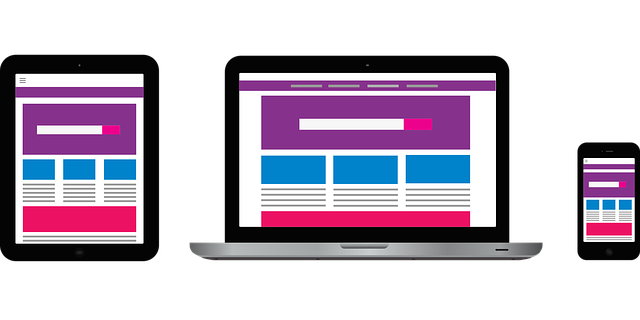
SEO Trends in 2018 – What Can You Expect?
January 31, 2018
How to Rank Higher on Local Search Results
March 1, 2018What is mobile-first indexing? It is Google’s latest initiative to make mobile browsing experience for users better. First announced in 2016, mobile-first indexing has started for some sites last year. It was initially scheduled to be fully implemented in 2017, but plans did not pan out. According to representatives from the tech giant, mobile-first indexing may be launched early 2018. Hence, you must start preparing your website for this big change.
How Mobile-First Indexing Affects Your Website and SEO Efforts
Under mobile-first indexing, Google is going to prioritise mobile versions of websites in their index. However, this does not mean that websites without mobile-friendly versions won’t be included in the index. In the absence of a mobile version, the desktop site will be included in the index instead. If this is the case, should you still invest in a responsive design? Yes, this does not change the fact that websites should be mobile-friendly.
If your website has no mobile version or is not responsive, your SEO efforts will suffer. This is because, in the mobile-first world, page rankings are going to be based on the mobile version of a site’s content.
How Do You Prepare Your Website for Mobile-First Indexing
Enlist the help of experts: Fully grasping what mobile-first indexing is in essence and how it is going to affect your website is not easy. Most importantly, without the technical know-how, preparing your website for this update is not going to be feasible. This is why, it would benefit you (and your company) if you consult SEO and/or web design specialists about mobile-first indexing.
With experts at the helm of your mobile-first indexing preparations, you do not have to worry about your website getting penalised or ranking poorly on SERPs.
Have a responsive design: If you have not moved your site to a responsive design, now is the best time to do so. Keep in mind, one of the essential features of a mobile-friendly site is that it is responsive. Since mobile-friendliness is a ranking signal, not having a responsive website can negatively affect your ranking.
Furthermore, maintaining one site instead of two (if you have a mobile version) is going to be less taxing. It is also easier on your pocket. Many put off moving to a responsive design because they are worried about the cost. The thing is, in the long run, the cost of maintaining two sites is more expensive than building a responsive website.
Optimise your website for speed: It is not enough that you have a responsive website; it must also be fast. Page speed matters to users, most especially those using mobile devices. In fact, these users abandon sites that do not load quickly.
Recognising users’ behaviour towards pages that load slow, Google has made mobile page speed a factor in determining mobile rankings. Hence, if you want your mobile page to land on top of the SERPs, optimise it for speed.
Have equivalent desktop and mobile sites: If you prefer maintaining a mobile version instead of shifting to a responsive website, then you need to make sure that valuable content on your desktop site is also found on the mobile version. Remember, Google is going to rely on your mobile pages. If these pages have minimal content, then you may not rank well on search results. More importantly, users who come across these pages may develop a negative impression about your website or brand.
So, it is essential that high-quality content is available on your mobile site. With the mobile-first indexing in the horizon, priority should be given on placing valuable content on the mobile website. When revising, always see to it that it is updated first before the desktop site.
For more information on how to prepare your website for mobile-first indexing, call us at 089 466 2000 or 01 960 9023.




